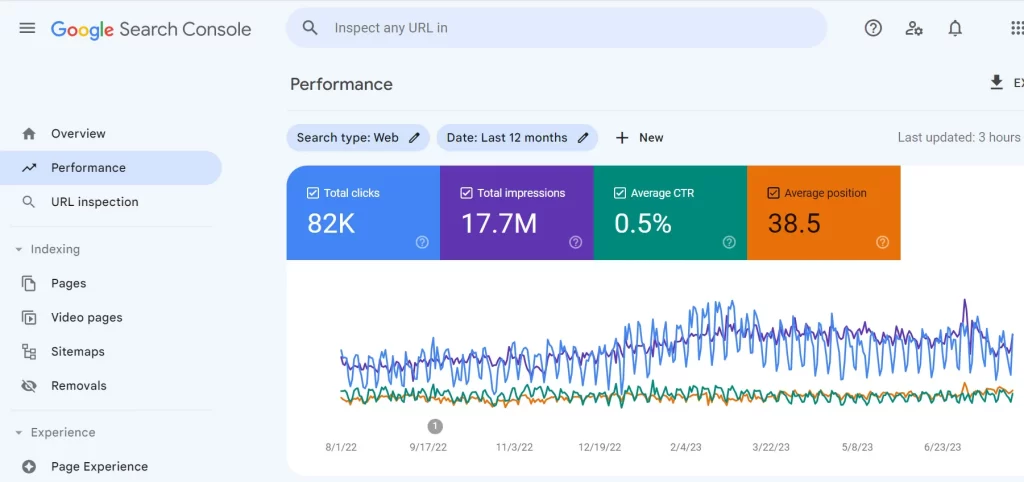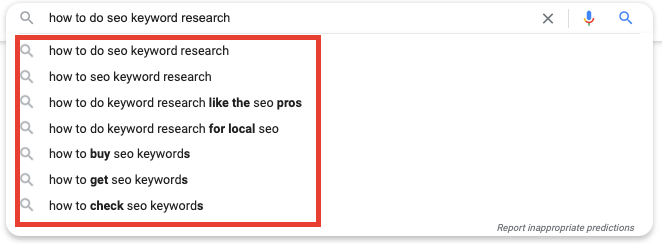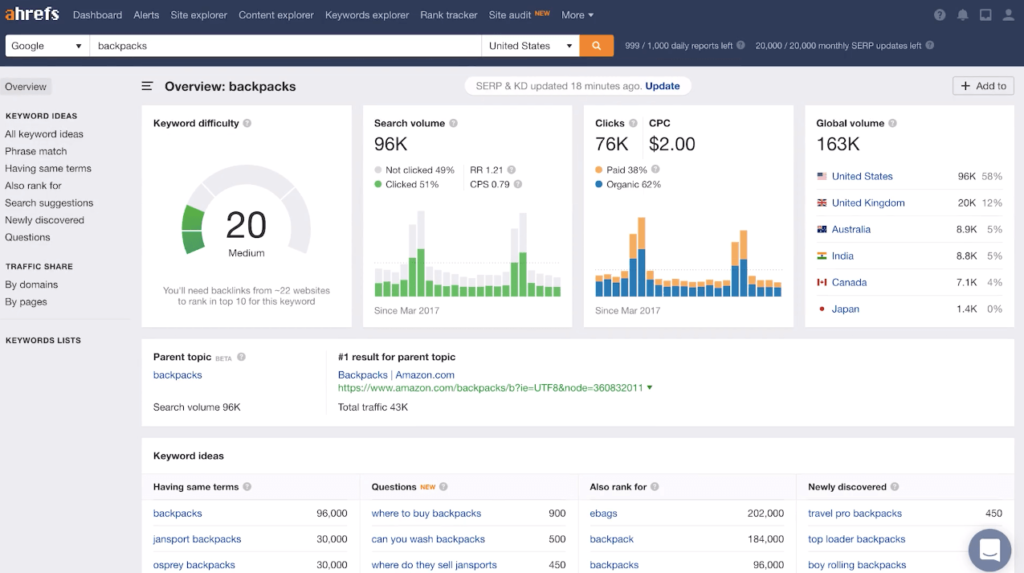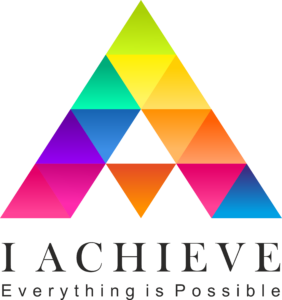SEO, or Search Engine Optimization, is a set of practices and strategies aimed at improving a website’s visibility on search engines like Google, Bing, or Yahoo. The ultimate goal of SEO is to enhance a website’s organic (non-paid) search engine rankings, driving more targeted traffic and improving the overall online presence. SEO encompasses various elements, both on-page and off-page, to optimize a website for search engines. Certainly, here are some rare and advanced SEO techniques that can be effective for improving website visibility and rankings:

Rare Basic SEO Techniques:
- Keyword Latent Semantic Indexing (LSI):
Besides primary keywords, incorporate LSI keywords, which are semantically related to the main topic. Search engines use LSI to understand context and relevance. - Long-Tail Keyword Optimization:
Target long-tail keywords that are more specific to your niche. These keywords often have lower competition and can attract highly targeted traffic. - Content Refresh:
Regularly update and refresh existing content. This can include adding new information, updating statistics, or improving the overall quality of the content. - Internal Link Optimization:
Optimize internal linking structure to distribute link authority evenly across pages. Use descriptive anchor text and consider implementing a logical site structure. - URL Structure Optimization:
Ensure that your URL structure is clean, descriptive, and includes relevant keywords. Avoid long and confusing URLs. - Real Backlink Generation & Connection:
Linking the sites has a very unique connection, which if done properly can create your good market value, ranking, capitalization, google algorithm friendly seo.

Rare Advanced SEO Techniques:
- Schema Markup:
Implement schema markup to provide search engines with structured data about your content. This can enhance rich snippets and improve visibility in search results. - Content Gap Analysis:
Conduct a content gap analysis to identify topics and keywords your competitors are ranking for but you are not. Develop content to fill those gaps. - User Intent Optimization:
Align your content with user intent. Understand the intent behind search queries and create content that satisfies user needs comprehensively. - Video SEO:
Optimize video content with relevant titles, descriptions, and tags. Host videos on your website or through platforms like YouTube to improve visibility in both video and traditional search results. - Voice Search Optimization:
Optimize content for voice search by focusing on natural language queries. Consider creating content that directly answers common voice search questions. - Mobile-First Indexing:
Prioritize mobile optimization. Google now predominantly uses the mobile version of a site for indexing and ranking. Ensure a seamless user experience on mobile devices. - Page Speed Optimization:
Improve page speed, especially on mobile devices. Google considers page speed as a ranking factor, and faster-loading pages enhance user experience. - Featured Snippet Optimization:
Identify opportunities to appear in featured snippets. Create content that succinctly answers common questions to increase the likelihood of being featured. - Brand Building and Reputation Management:
Build a strong brand presence online. Positive brand signals can indirectly impact SEO, and a reputable brand is likely to attract natural links and mentions. - Advanced Analytics and Reporting:
Implement advanced analytics tools and regularly analyze performance data. Understand user behavior, identify patterns, and adjust strategies accordingly.
Remember that while these techniques can be effective, the SEO landscape is dynamic, and strategies may need to evolve over time. Regularly staying informed about industry trends and algorithm updates is crucial for maintaining a successful SEO strategy.

Key Components of SEO:
- Keyword Research: Identify relevant keywords and phrases that potential users might use when searching for content related to your website. Use tools to analyze search volume, competition, and user intent.
- On-Page Optimization: Optimize individual pages of your website for search engines. This includes optimizing meta tags (title, description), headers, URL structures, and incorporating relevant keywords naturally into the content.
- Content Quality and Relevance: Create high-quality, relevant, and valuable content for your target audience. Content should address user queries and provide comprehensive information.
- User Experience (UX): Ensure a positive user experience by improving site navigation, reducing page load times, and making content easily accessible. A good user experience contributes to higher rankings.
- Technical SEO: Address technical aspects of your website, including crawlability, indexability, site structure, and the proper use of tags (e.g., canonical tags, hreflang tags).
- Mobile Optimization: Optimize your website for mobile devices to cater to the growing number of users accessing the internet through smartphones and tablets. Mobile-friendly websites often receive preferential treatment in search rankings.
- Backlink Building: Acquire high-quality backlinks from reputable websites. Backlinks serve as endorsements for your content and can positively impact search engine rankings.
- Local SEO: For businesses with physical locations, optimize for local search by claiming and optimizing Google My Business listings, getting positive reviews, and ensuring accurate business information.
- Social Media Integration: Utilize social media platforms to promote your content and engage with your audience. Social signals may indirectly influence search engine rankings.
- Analytics and Monitoring: Use analytics tools (such as Google Analytics) to track website performance, user behavior, and key metrics. Regular monitoring helps in making data-driven decisions and adjusting strategies.

Ongoing SEO Practices:
- Regular Content Updates: Keep your content fresh and relevant. Regularly update and expand existing content to show search engines that your site is actively maintained.
- Algorithm Updates: Stay informed about search engine algorithm updates and adjust your SEO strategies accordingly. Search engines frequently update their algorithms, impacting rankings and also AI has entered so SEO practices has to be improved.
- Adaptability: Be adaptable to changes in the digital landscape. Emerging technologies, user behaviors, and industry trends can influence the effectiveness of SEO strategies.
SEO is an ongoing process that requires continuous effort, monitoring, and adaptation to changes in search engine algorithms and user behaviour’s. By following best practices and staying informed about industry developments, businesses can improve their online visibility and connect with their target audience more effectively.









